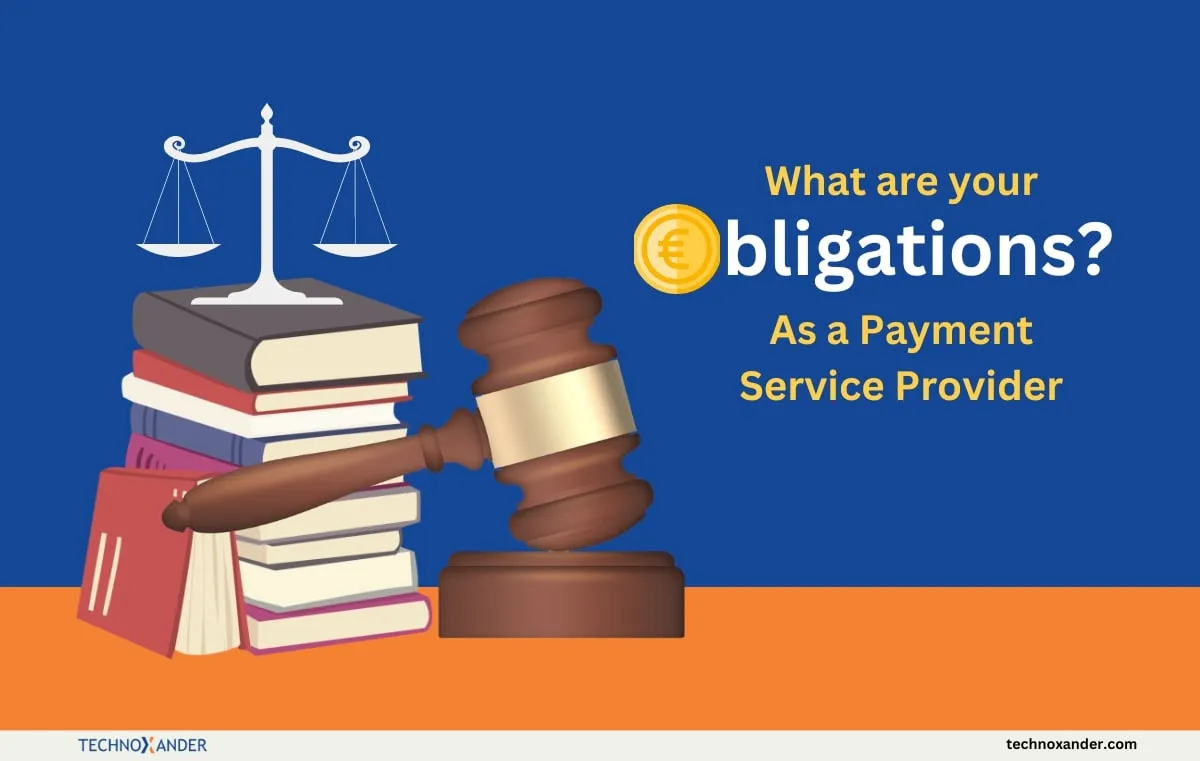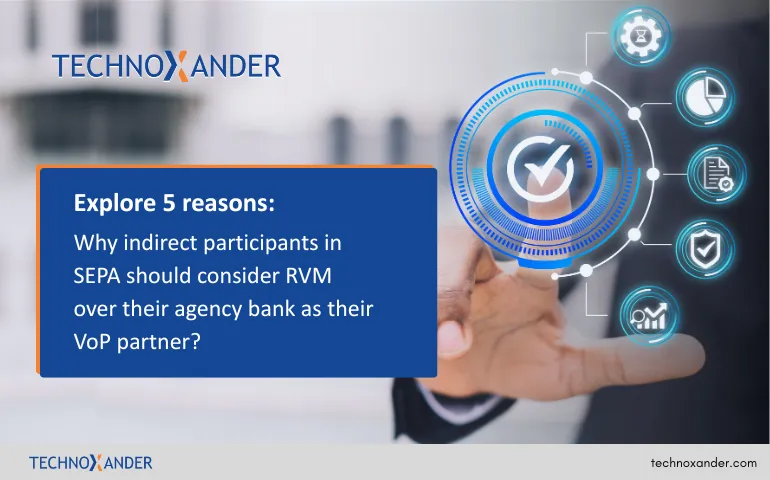The Financial Data Access (FIDA) framework is a dedicated and harmonised framework for data sharing in the European Union. The framework should be a giant leap in the European Union’s journey toward a more open, competitive, and innovative financial ecosystem.
FIDA is a crucial part of the EU’s Digital Finance Strategy and aims to empower consumers and foster innovation in the payment ecosystem. This blog introduces the key elements of FIDA framework, its purpose, scope and ambitions.
This is a must-read for key decision-makers in the financial industry who wish to gain an understanding of the regulatory landscape and understand the impact on their organisation. Let us have a look at all key highlights of this guide here:
- FIDA is the EU’s new legal framework to enable secure, consent-based financial data sharing across sectors.
- It expands beyond PSD2, covering savings, loans, investments, credit, and insurance data—not just payment accounts.
- Consumers gain full control over who accesses their financial data, what is shared, and for how long.
- Authorised Financial Information Service Providers (FISPs) can access data with explicit user consent.
- Standardised APIs and data formats are mandated to ensure interoperability across the EU.
- The European Banking Authority (EBA) will maintain a central register of all authorised FISPs.
- Security and data protection requirements mirror PSD2 and will apply to all data holders and users.
- FIDA applies to banks, EMIs, investment firms, credit rating agencies, and other financial institutions.
- FIs must adopt an API-first approach and prepare their infrastructure for real-time, secure data access.
- FIDA aims to drive innovation, competition, and inclusivity by empowering consumers and opening markets.
Now, lets dive in details to understand FIDA better:
What Is the FIDA Framework?
In June 2023, The European Commission put forward the legal and regulatory foundation for financial data sharing across the EU.
The financial data sharing proposal aims to get the Financial ecosystem in the EU ready for the future and build further on the success of the Payment Services Directive 2 (PSD2). FIDA takes a step further and extends the scope of data sharing beyond payment accounts, covering a wide range of financial data, including savings, investments, and insurance.
The driving principle behind FIDA is to:
- Empower consumers and businesses by giving them more control over their data, who they share with, what data they share and for how long.
- Encourage innovation by allowing Financial Information Service Providers (FISP) to access data with the consent of the user.
- Facilitate the launch of new products in financial services built using data-driven models, reducing barriers to market entry.
- Strengthen data protection through authorisation requirements for accessing data and utilisation of shared data.
Key Features of FIDA
1. Scope of Data Sharing
Unlike PSD2 which limited data sharing to payment accounts only, FIDA takes a step further and applies to a broad range of financial data types including:
- Savings and Investment accounts
- Mortgage, loans and accounts
- Credit products
- Non-life Insurance products etc.
The Scope of FIDA extends beyond what is listed above and we will bring you the details of all that is in scope in the next edition.
2. Consumer Consent at core
The core principle of consent was at the centre of PSD2 and FIDA maintains the same guidelines of explicit consent before sharing data with third parties. Consent is very important for transparency and is crucial to building trust in the digital banking ecosystem.
3. Focus on Standardisation and Interoperability
PSD2 did not focus on standardisation leading to fragmented data sharing schemes and models within the Union. The lack of interoperability hit the adoption as Financial Institutions in scope for PSD2 found it difficult to connect with others in the Union.
The FIDA framework proposals put forward include the mandate for the use of standardised APIs and data types. The common standards set for data sharing should result in a more integrated financial services market.
4. Another EBA Register
The European Banking Authority (EBA) currently maintains a register for authorised Third Party Providers in Union. The framework expects EBA to maintain a centralised register of all authorised Financial Information Service Providers (FISPs) under FIDA. This register will be a solid base to authenticating and authorising entities which can be allowed to access financial data.
5. Security Standards
FIDA leverages PSD2 mandates and includes proposals for security measures to which data holders and data users must align with so sensitive data is protected at all times.
Who does FIDA apply to?
FIDA applies to the below entities* when acting as data holders or data users:
- Credit Institutions
- Payment Institutions, including account information service providers and payment institutions
- Electronic Money Institutions
- Investment firms
- Credit Rating Agencies
- Financial Information Service Providers
*The list is non-exhaustive.
Preparing for FIDA
Decision Makers in the Financial Industry should take proactive steps to prepare for the changes:
- Financial Institutions should start considering an API First Strategy and invest in the development of secure, scalable and available APIs which are the base for a thriving data-sharing ecosystem.
- Financial Information Service Providers should focus on strengthening processes and controls in preparation for obtaining authorisations and building user-centric products.
- National Competent Authorities (NCAs) across Unions should begin preparations for approval processes and must work closely with industry players to address challenges.
- Lastly, Consumers must embrace data sharing and innovative products. They must remain informed about their rights under FIDA.
The Financial Data Access framework is a push forward to the digital economy and serves as a milestone in the evolution of Europe’s financial ecosystem.
Data sharing and innovation will result in empowered consumers and financial services which are more inclusive, efficient, and competitive. FIDA promises to unlock new opportunities and redefine the way we handle financial data within Union.
TechnoXander is a trusted technology service provider offering solutions that comply with PSD2, deliver Open Banking capabilities and support FIDA initiatives. To learn more about Open Banking, the FIDA framework, and our API-first strategy, contact us at FIDA@technoxander.com.










